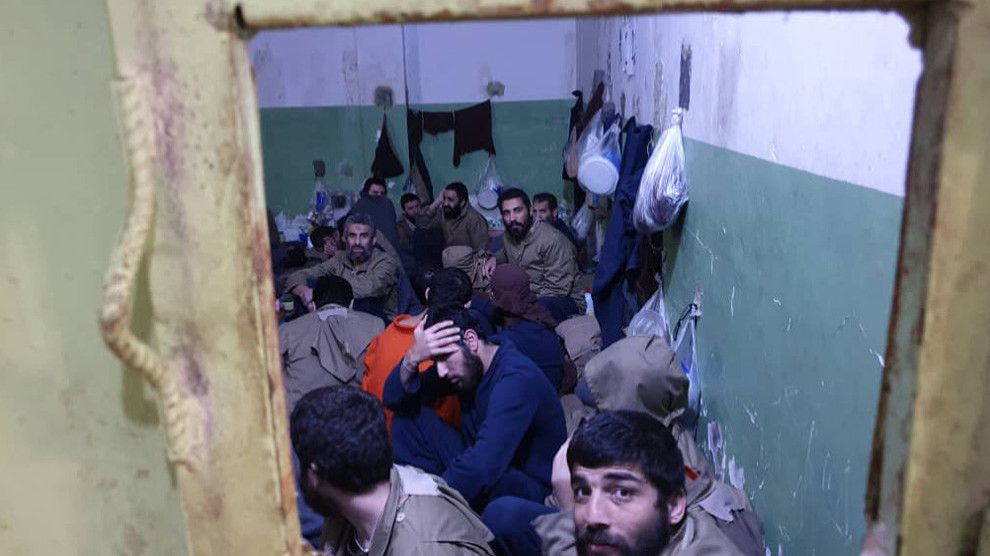More than 300 ISIS members returned to Germany
According to the German Federal Ministry of the Interior, more than 100 of the more than 300 jihadists who returned from the former ISIS area have combat experience or underwent training.
According to the German Federal Ministry of the Interior, more than 100 of the more than 300 jihadists who returned from the former ISIS area have combat experience or underwent training.

More than 300 jihadists of the terrorist militia ISIS now live in Germany again after their return from Syria and Iraq. According to a spokesperson of the Federal Ministry of the Interior, more than 100 of them have combat experience or have completed appropriate training. These ISIS returnees are the focus of "police and judicial investigations". The number of convictions is "in the mid double-digit range".
More than 1,060 ISIS extremists from Germany
According to the Ministry of the Interior, the German authorities assume that more than 1,060 Islamist extremists have left Germany for the former ISIS territory in recent years. According to the Ministry, about one third of them are back in Germany after the loss of the territorial rule of the militia. The authorities pursue a "holistic approach", which include deradicalization and reintegration, according to the report, in addition to criminal prosecution and attention by the security authorities.
The so-called "Islamic State" had overrun large parts of northern and eastern Iraq in the summer of 2014. On August 3, the terrorist militia committed genocide in the Yazidi settlement area Shengal (Sinjar) in northern Iraq, killing about 10,000 people. More than 7,000 women and children were kidnapped, over 400,000 people were driven from their homes and thousands are still missing today. The genocide and femicide was preceded by the withdrawal of the Peshmerga forces of the South Kurdistan autonomous region who had been stationed in Shengal but left the civilian population defencelessly to the henchmen of the ISIS. Guerrillas of the HPG and YJA-Star on the other hand, together with the People's and Women's Defense Units YPG and YPJ, managed to save the lives of tens of thousands of Yazidis who were trapped in the mountains by opening an escape corridor.
Reorganisation in the shadow of the Turkish invasion
At that time, the ISIS domain also extended to large parts of Syria. The Syrian Democratic Forces (SDF) and the international anti-ISIS coalition then succeeded in gradually pushing back the extremists in both countries. In March 2019, the ISIS lost its last bastion, Baghouz, in Deir ez-Zor in eastern Syria. However, jihadist cells are once again active in both countries, as they were able to reorganise themselves unhindered in the shadow of the Turkish invasion launched in Rojava last autumn. In recent weeks, there have been a large number of attacks, particularly in Iraq. The autonomous administration of North and East Syria has been warning for some time that the terrorist militias could rise again, but is falling on deaf ears internationally.